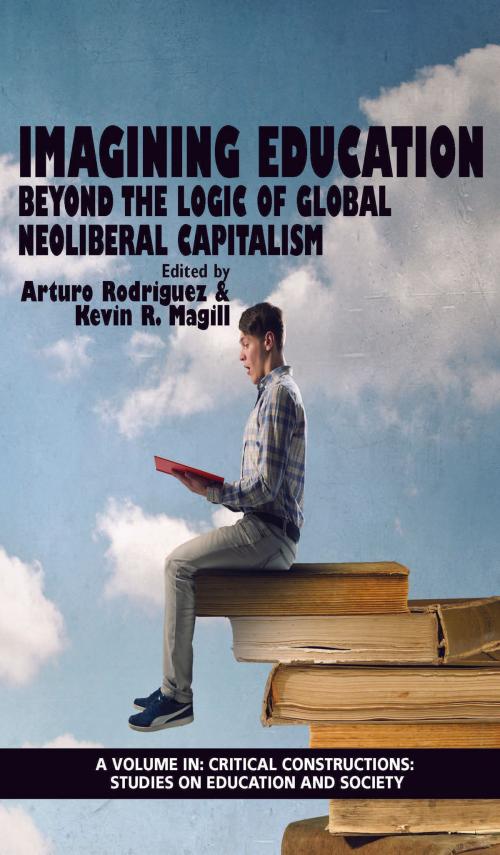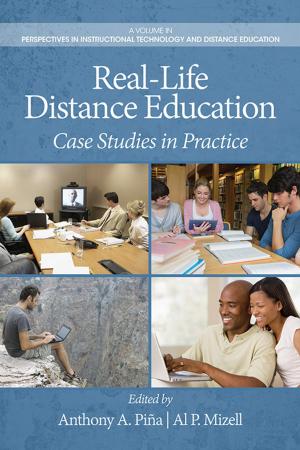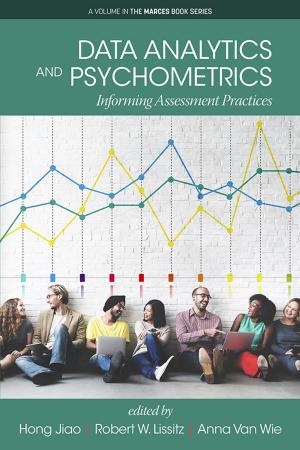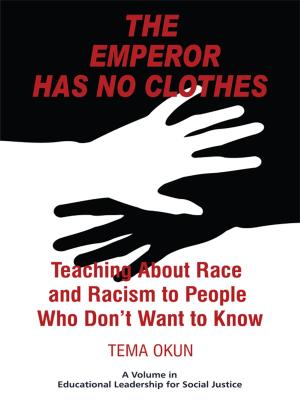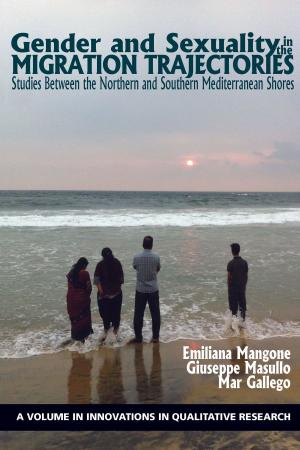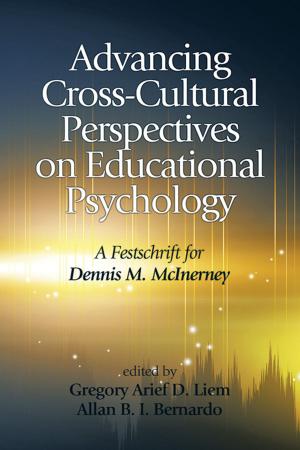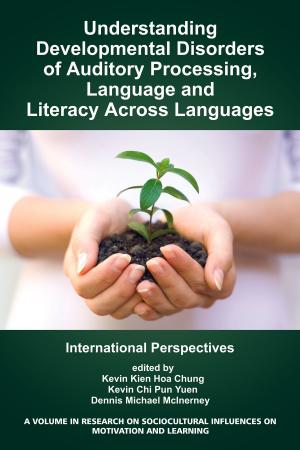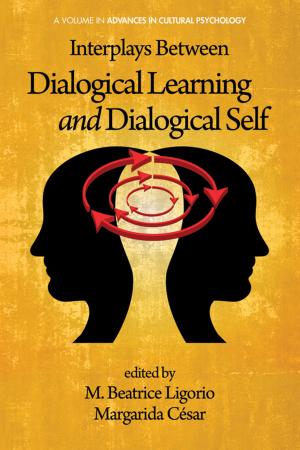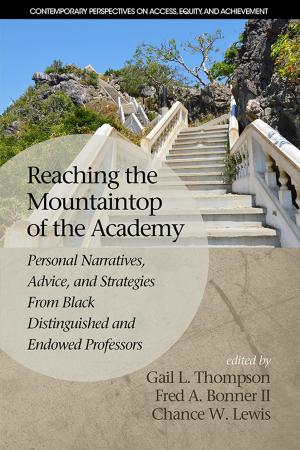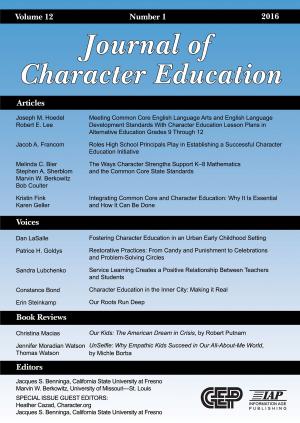Imagining Education
Beyond the Logic Of Global Neoliberal Capitalism
Nonfiction, Reference & Language, Education & Teaching, Educational Theory, Educational Reform, Philosophy & Social Aspects, Teaching, Teaching Methods| Author: | ISBN: | 9781681237480 | |
| Publisher: | Information Age Publishing | Publication: | January 1, 2017 |
| Imprint: | Information Age Publishing | Language: | English |
| Author: | |
| ISBN: | 9781681237480 |
| Publisher: | Information Age Publishing |
| Publication: | January 1, 2017 |
| Imprint: | Information Age Publishing |
| Language: | English |
Given the current social climate this book interrogates capitalism’s relationships to and influence on education. More importantly, this book is part of a greater effort to re?humanize society by generating dialogue, encouraging solidarity and providing analyses of power and avenues for agency in supporting a life beyond the logic of the state and its implied structure, global neoliberal capitalism. The authors speak to the conceptual and material manifestations of neoliberalism that order education. Imagining education is an informed public working against what is understood as self?interest, a reconsideration of a world beyond ideology; popular education aiding social transformation for community, a move away from divisiveness and social struggle. We do not offer easy answers to the problems of global neoliberal capitalism in education, instead the authors in this book offer frameworks for contextualizing neoliberalism, its history, and what education might be on the day after the end of capitalism. This is the rupture of the rationality of global neoliberal capitalism where we examine the potentialities of a world beyond the capitalist organization of consciousness.
Given the current social climate this book interrogates capitalism’s relationships to and influence on education. More importantly, this book is part of a greater effort to re?humanize society by generating dialogue, encouraging solidarity and providing analyses of power and avenues for agency in supporting a life beyond the logic of the state and its implied structure, global neoliberal capitalism. The authors speak to the conceptual and material manifestations of neoliberalism that order education. Imagining education is an informed public working against what is understood as self?interest, a reconsideration of a world beyond ideology; popular education aiding social transformation for community, a move away from divisiveness and social struggle. We do not offer easy answers to the problems of global neoliberal capitalism in education, instead the authors in this book offer frameworks for contextualizing neoliberalism, its history, and what education might be on the day after the end of capitalism. This is the rupture of the rationality of global neoliberal capitalism where we examine the potentialities of a world beyond the capitalist organization of consciousness.
